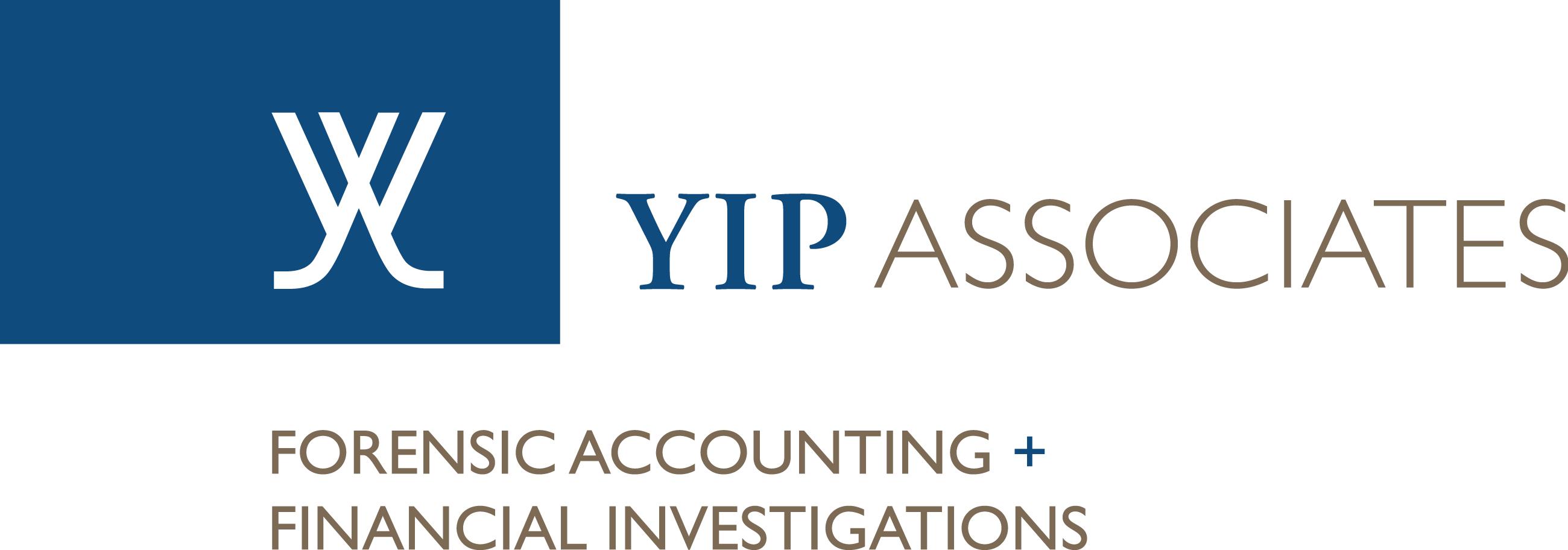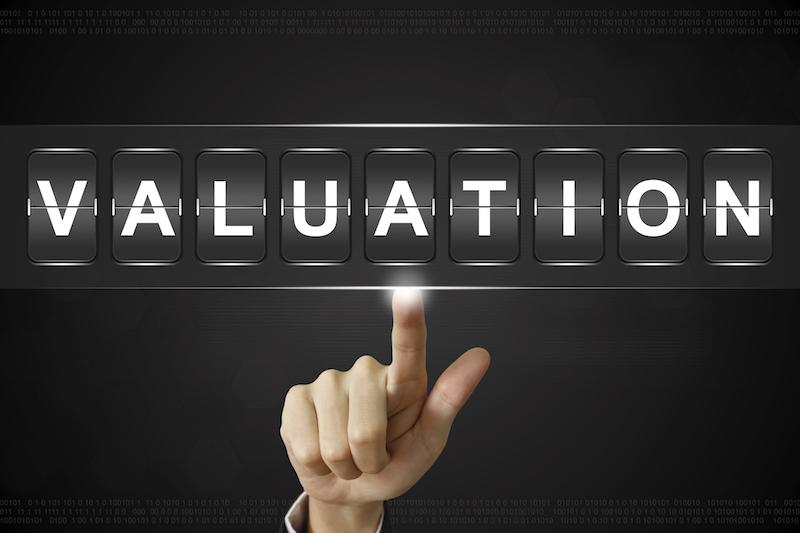In an uncertain and rapidly changing economic climate, determining the fair value of businesses is a key component of the preparation for mergers and acquisitions, tax reporting, legal actions, and estate planning. The path to a business valuation career requires a forensic accountant with the proper credentials to assess and quantify the value of business entities. This valuation expert will be poised to provide valuable services in a wide range of business settings.
Both the FASB and the IASB have issued fair value measurement standards mandating a consistent definition of fair value, a system for the determination of that value, and a disclosure of the methods used. The summary of FAS 157 (fasb.org) projects that, “A single definition of fair value, together with a framework for measuring fair value, should result in increased consistency and comparability in fair value measurements.” This elevated standard of reporting increases the worth of accountants trained in valuation.
An article by Evelyn Rusli about the current renewed optimism for making deals (nytimes.com, Jan. 2012) cites an Ernst and Young survey indicating that 36 % of companies are looking toward acquisitions this year. With the recent gradual settling of the financial markets, this upswing will offer more opportunities for accountants to participate in the due diligence necessary for these acquisitions to be completed. Specialists in valuation are key participants in the process.
Fair Market Valuation
The Internal Revenue Service is now requiring fair market valuation of certain executive compensation. IRS Code Section 6039 requires companies to provide employees with Form 3921 when incentive stock options are exercised and Form 3922 when the first legal transfer of shares from an employee stock purchase plan occurs. These tax requirements add a valuation component to employee tax reporting and offer another avenue of opportunity to accountants with valuation skills.
 The resolution of legal matters such as divorce and partnership dissolution involving privately-held companies frequently centers around the value of the companies in question. Isaac O’Bannon (cpapracticeadvisor.com, Nov. 2007) suggests that families and individuals associated with these smaller companies are sometimes unprepared to deal with valuation issues and reach out for technical assistance. The adversarial nature of legal proceedings often means a separate accounting professional retained on each side of the legal dispute to provide expert testimony as to the value of the business. Expert witnesses can earn substantial fees for brief appearances in court, but they must be properly qualified to offer opinions on specific values and be able to communicate their analysis to a judge or jury in layman’s terms.
The resolution of legal matters such as divorce and partnership dissolution involving privately-held companies frequently centers around the value of the companies in question. Isaac O’Bannon (cpapracticeadvisor.com, Nov. 2007) suggests that families and individuals associated with these smaller companies are sometimes unprepared to deal with valuation issues and reach out for technical assistance. The adversarial nature of legal proceedings often means a separate accounting professional retained on each side of the legal dispute to provide expert testimony as to the value of the business. Expert witnesses can earn substantial fees for brief appearances in court, but they must be properly qualified to offer opinions on specific values and be able to communicate their analysis to a judge or jury in layman’s terms.
Estate Planning
An additional important realm for valuation analysts is estate planning. Gifting, irrevocable trusts, and other estate planning techniques require fair value assessments. In the case of tax disputes with the Internal Revenue Service that are heard before the Tax Court, proper documentation of calculations and demonstration of appropriate expertise in valuation is central to successfully defending fair values reported and winning favorable judicial decisions.
Given increased federal scrutiny of fair value and enhanced requirements for consistent methodology and comparability, it seems likely that the demand for competent business valuation will continue to grow. According to IBISWorld (prweb.com, Dec. 2011), through 2016, the business valuation industry will increase at an average annualized rate of 3.9% to $3.1 billion. Whether a forensic accountant chooses to work in a valuation firm, a public accounting firm, or as an independent consultant, expertise in this field will certainly open doors to new business valuation career opportunities and salary potential.






